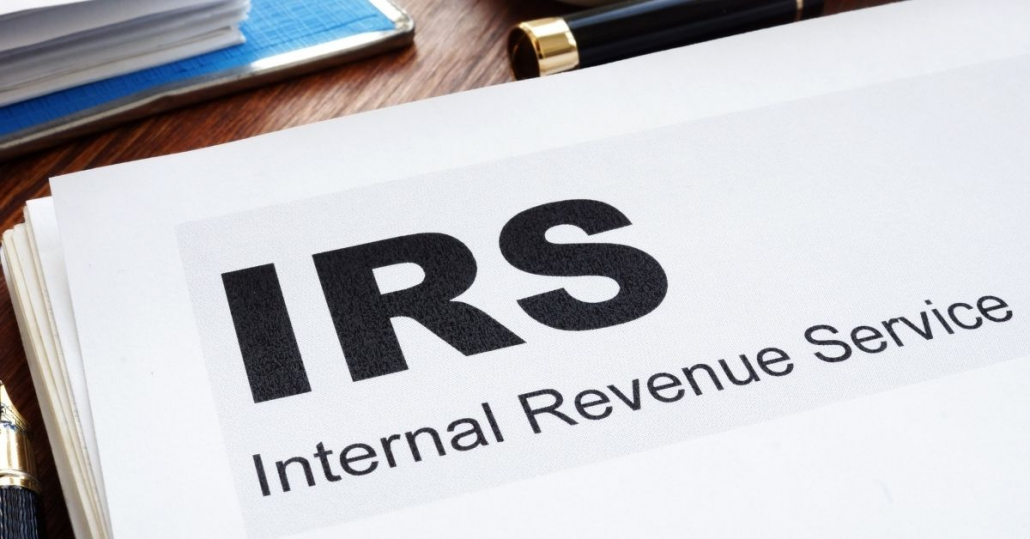
What is an IRS audit?
Three types of IRS audits
-
Mail audit:
This type of audit is usually sent when there has been a mathematical error or there is missing paperwork. You typically won’t require tax representation with a mail audit considering that most can be easily resolved.
-
Office examination audit:
With an office examination audit, the IRS will ask that you meet with them to evaluate and determine whether you reported all of your income and whether your deductions are valid.
-
Field audit:
Field audits are much more serious than the previous mail or office examination audit. Typically, an IRS agent will come to your home or place of employment to review your records and determine whether the information on your tax return is correct. Many tax evasions stem from field audits, but don’t worry, only around 2,000 taxpayers are investigated for tax evasion each year.
What to do if you’re audited by the IRS
-
Look for a letter:
The IRS will never send you an email or call you over the phone to notify you of an audit. They will only ever send a notice through direct mail. If you do receive a call from a self-proclaimed IRS representative, do not give them your personal information such as bank account details or social security. Because tax scammers are only ever interested in stealing your information, it’s best to hang up and leave emails unopened.
-
Get organized:
If you receive an audit notice through the mail, you may also notice that the IRS sent you a list of documents that they would like to review. This might include bills, receipts, legal checks, loan agreements, tickets, medical records, or reports of lost documents. Before sending these documents to the IRS, be sure that they are organized by year and type of income or expense. Also, be sure to include a summary of transactions.
-
Submit your documents on time:
If you mail in your documents late, incomplete, or fail to mail them in at all, the IRS will likely disallow the documents that you were originally requested. They will also send you your tax bill along with penalties included. Note that the IRS does not assign one individual representative to your case. Turning in your documents on time will save you the headache of talking to multiple representatives to resolve your audit.
-
Consult a tax professional:
If your IRS audit is complex, hiring a tax professional to serve as representation can help you better understand how to answer the IRS’s questions promptly. Whether a federal tax or state tax examination, representation can help you through the bureaucratic process. Here at Granite Mountain Accounting, we are available to represent you to any tax agency. Our tax professionals will make sure that you are properly represented to resolve any of these types of matters if and when they arise.
-
Understand possible outcomes:
When it comes to the audit process, there are three potential outcomes. The IRS may find that there are no changes that need to be applied to your return. Adversely, you may agree with the results and pay what you owe. If you choose to pay upfront, make sure that you do so in a timely manner. If you don’t pay in full within 21 days of receiving an audit notice, you run the risk of adding serious penalties and fees. However, you may also disagree with the findings and appeal your case which could reduce or potentially eliminate assessed taxes and penalties. Appealing an audit is free, however, it’s best to consult with a tax professional if you choose to go through with this process.
-
Know your rights:
As a taxpayer, it’s also important for you to remember that you have a set of fundamental rights. This includes the right to a legal proceeding, as well as the following:
More From Granite Mountain




